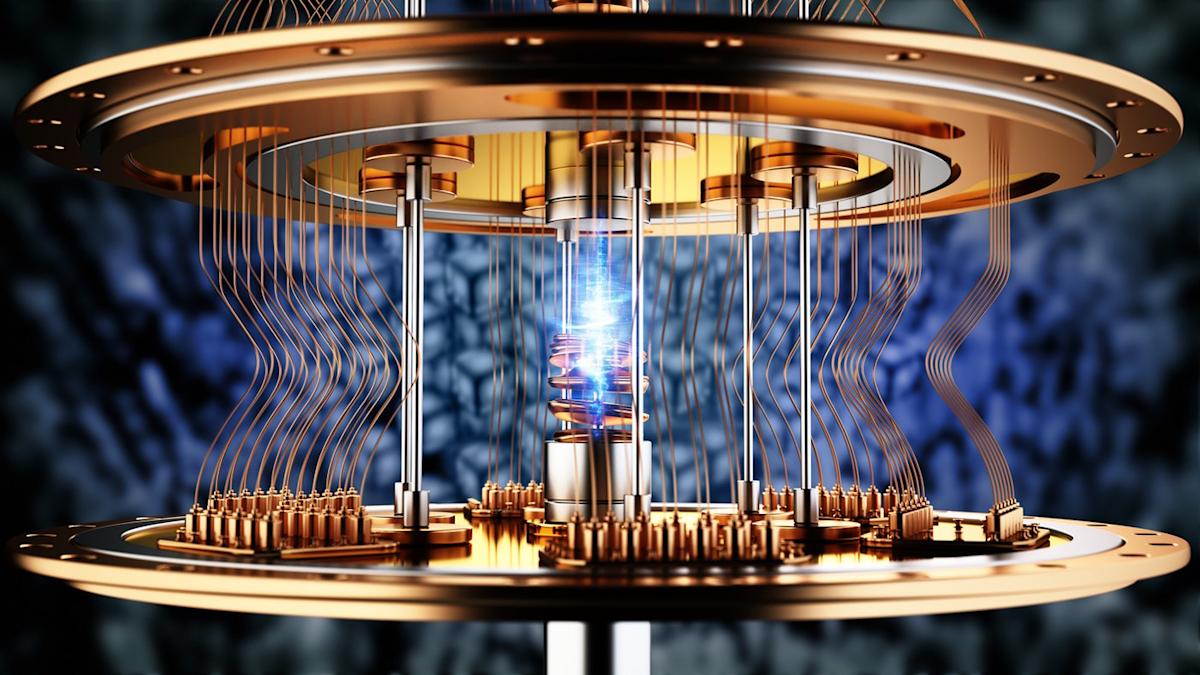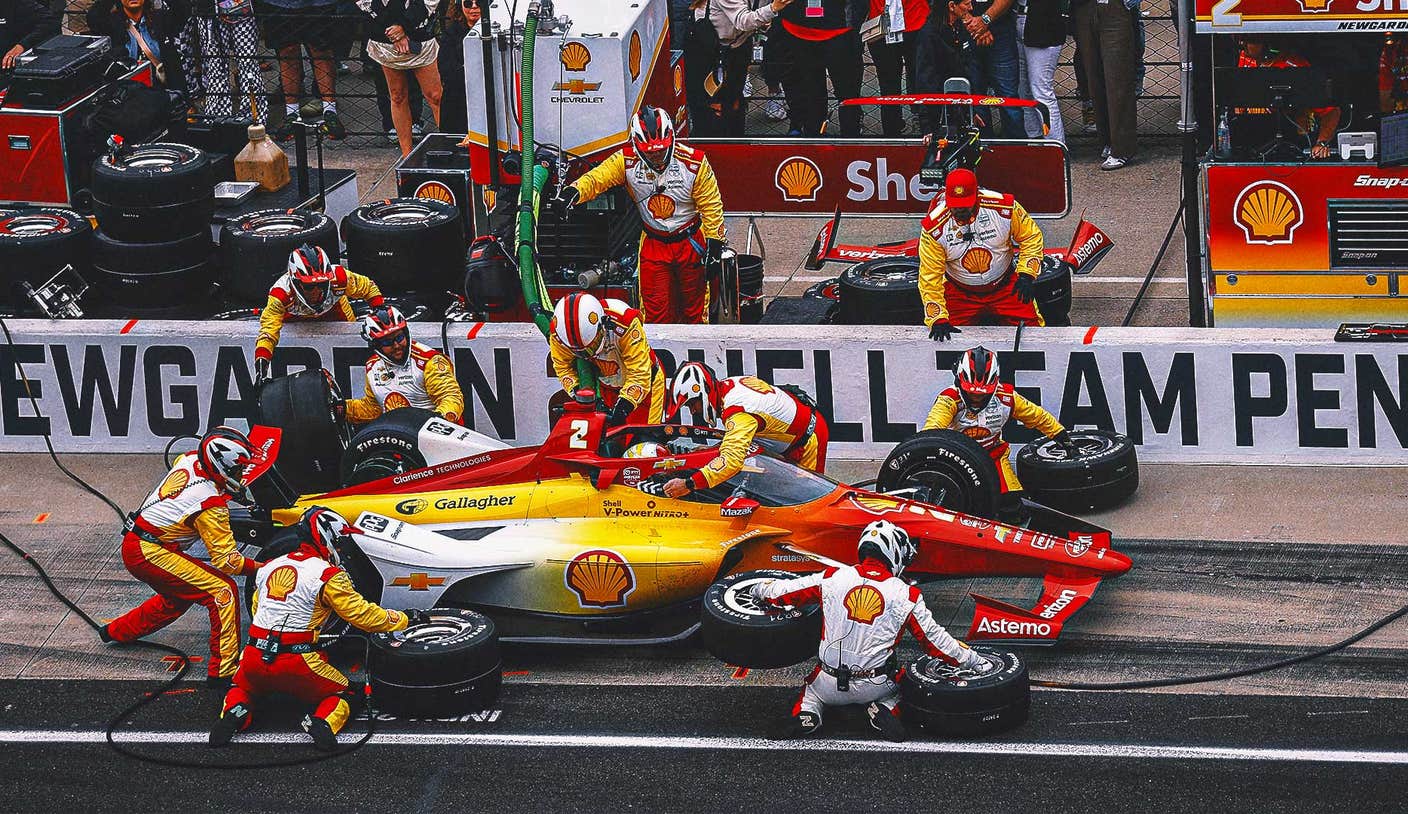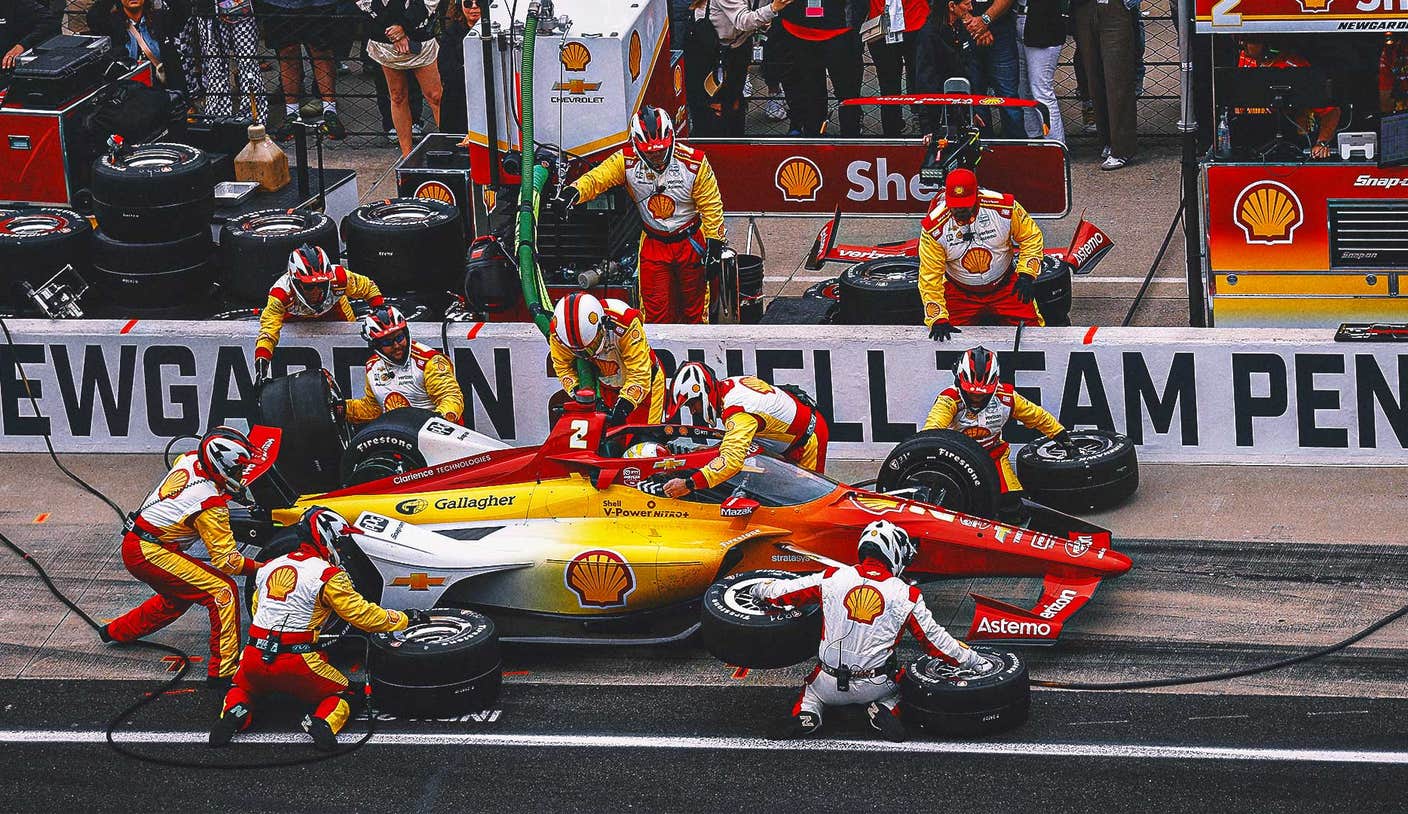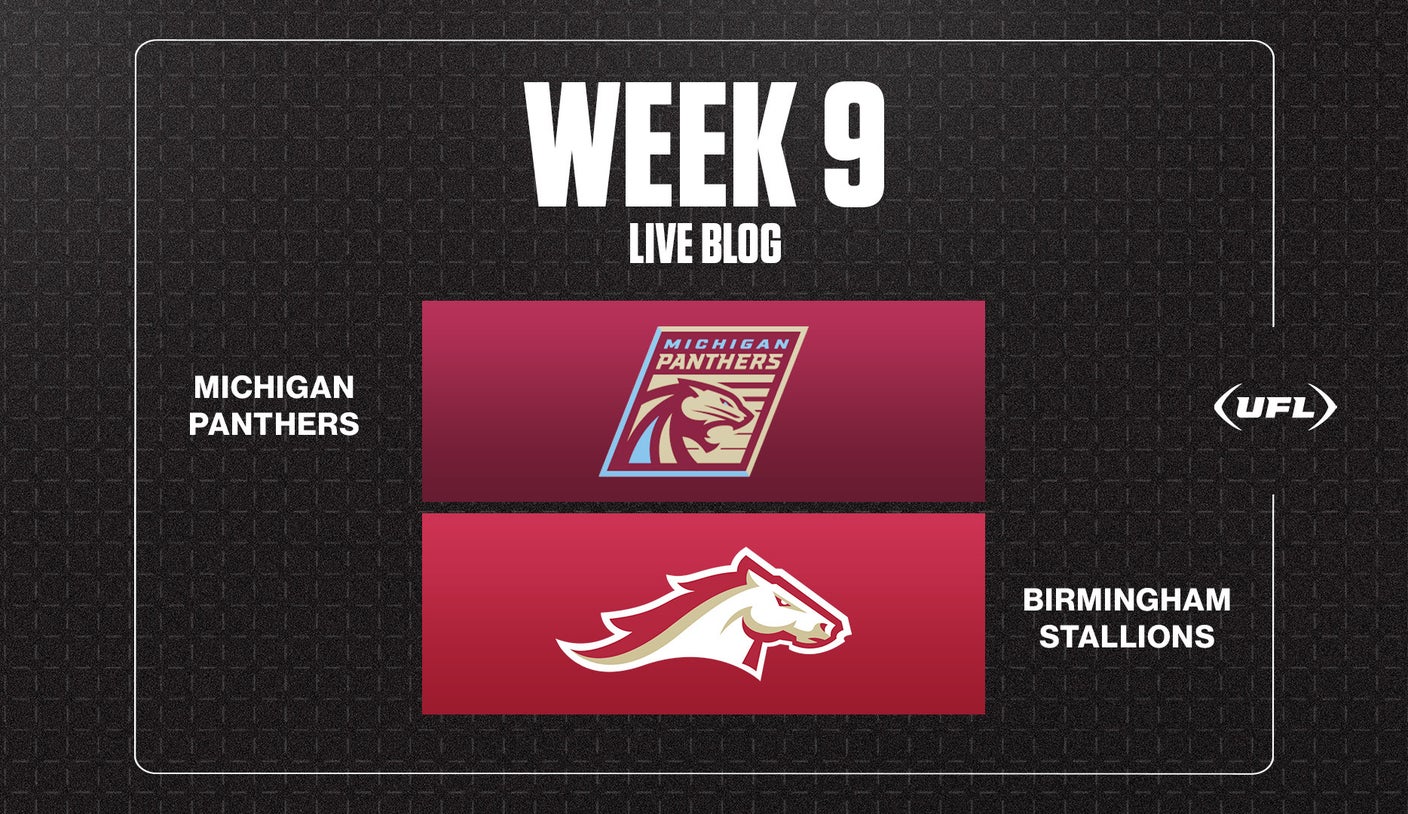Quantum Computing Investment: Choosing Between Rigetti Computing And D-Wave

Welcome to your ultimate source for breaking news, trending updates, and in-depth stories from around the world. Whether it's politics, technology, entertainment, sports, or lifestyle, we bring you real-time updates that keep you informed and ahead of the curve.
Our team works tirelessly to ensure you never miss a moment. From the latest developments in global events to the most talked-about topics on social media, our news platform is designed to deliver accurate and timely information, all in one place.
Stay in the know and join thousands of readers who trust us for reliable, up-to-date content. Explore our expertly curated articles and dive deeper into the stories that matter to you. Visit Best Website now and be part of the conversation. Don't miss out on the headlines that shape our world!
Table of Contents
Quantum Computing Investment: Navigating the Rigetti Computing vs. D-Wave Dilemma
The quantum computing revolution is upon us, attracting significant investment and sparking a race among leading players. For investors, choosing between established names like D-Wave and emerging contenders like Rigetti Computing presents a complex challenge. This article delves into the key differentiators between these two prominent companies, helping you navigate the complexities of this burgeoning market and make informed investment decisions.
Understanding the Quantum Landscape:
Before diving into the Rigetti vs. D-Wave comparison, it's crucial to understand the current state of quantum computing. The field is still nascent, with various approaches vying for dominance. This includes:
- Gate-based quantum computers: These utilize qubits to perform calculations, offering versatility but facing significant scalability challenges. Both Rigetti and (to a lesser extent) D-Wave utilize aspects of this approach.
- Annealers: D-Wave is primarily known for its adiabatic quantum computers, also known as annealers. These are specialized for solving optimization problems, but their applicability is narrower than gate-based systems.
Rigetti Computing: A Gate-Based Approach with Ambitions for the Future
Rigetti Computing focuses on building fully programmable, gate-based quantum computers. This approach offers greater flexibility and potential for tackling a wider range of computational problems compared to annealers. Their strategy involves:
- Modular architecture: Rigetti aims to scale its quantum computers through a modular design, adding more qubits as needed. This contrasts with D-Wave's single-chip approach.
- Software development: Rigetti invests heavily in developing its software stack, making its quantum computers more accessible to developers and researchers. This includes its Quantum Cloud Services platform, allowing for remote access and experimentation.
- Focus on fault tolerance: Rigetti's long-term vision involves building fault-tolerant quantum computers, a crucial step towards achieving widespread practical applications.
D-Wave Systems: The Annealing Pioneer
D-Wave has been a pioneer in the field, offering commercially available quantum annealers for over a decade. While their technology is specialized, it offers:
- Established market presence: D-Wave has a head start in terms of market penetration and customer base, particularly in industries needing solutions for complex optimization problems.
- Specific use cases: D-Wave's annealers have proven effective in tackling specific optimization problems in areas like logistics, finance, and materials science.
- Limited general-purpose applicability: The key limitation is the narrow applicability of their annealers compared to the versatility of gate-based systems.
Investment Considerations: Rigetti vs. D-Wave
The choice between investing in Rigetti Computing and D-Wave depends heavily on your risk tolerance and investment horizon.
- High-risk, high-reward: Rigetti represents a higher-risk, higher-reward investment. Their gate-based approach offers greater long-term potential, but the technology is still under development, and achieving fault tolerance remains a significant challenge.
- Lower-risk, moderate-reward: D-Wave presents a lower-risk, moderate-reward investment. Their established market presence and current applications offer more stability, but the limitations of their annealing technology might constrain future growth.
Conclusion:
The quantum computing landscape is dynamic and rapidly evolving. Both Rigetti Computing and D-Wave are significant players, each offering unique strengths and weaknesses. Thorough research, understanding your risk tolerance, and a long-term perspective are crucial for making informed investment decisions in this exciting and potentially transformative sector. Consult with a financial advisor before making any investment decisions. Stay updated on the latest developments in the quantum computing world to optimize your investment strategy.

Thank you for visiting our website, your trusted source for the latest updates and in-depth coverage on Quantum Computing Investment: Choosing Between Rigetti Computing And D-Wave. We're committed to keeping you informed with timely and accurate information to meet your curiosity and needs.
If you have any questions, suggestions, or feedback, we'd love to hear from you. Your insights are valuable to us and help us improve to serve you better. Feel free to reach out through our contact page.
Don't forget to bookmark our website and check back regularly for the latest headlines and trending topics. See you next time, and thank you for being part of our growing community!
Featured Posts
-
 Josef Newgardens Indy 500 Bid Falls Short A Look At The Key Moments
May 27, 2025
Josef Newgardens Indy 500 Bid Falls Short A Look At The Key Moments
May 27, 2025 -
 Josef Newgardens Heartbreak Close Call In Pursuit Of Indy 500 Three Peat
May 27, 2025
Josef Newgardens Heartbreak Close Call In Pursuit Of Indy 500 Three Peat
May 27, 2025 -
 Watch Panthers Vs Stallions Ufl Week 9 Top Plays And Post Game Report
May 27, 2025
Watch Panthers Vs Stallions Ufl Week 9 Top Plays And Post Game Report
May 27, 2025 -
 Team Usas World Championship Victory A Thrilling Win Over Switzerland
May 27, 2025
Team Usas World Championship Victory A Thrilling Win Over Switzerland
May 27, 2025 -
 Top End Starter Ohtanis Initial Dodger Pitching Performance Exceeds Expectations
May 27, 2025
Top End Starter Ohtanis Initial Dodger Pitching Performance Exceeds Expectations
May 27, 2025
